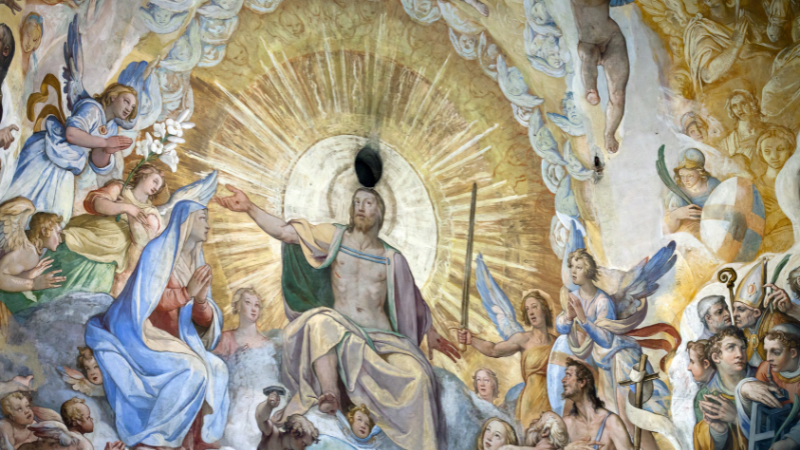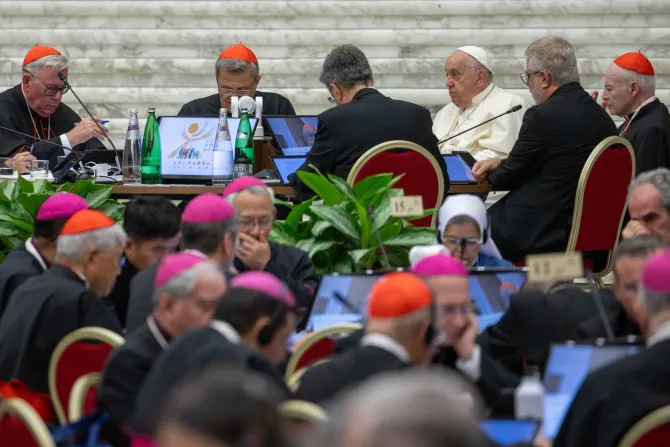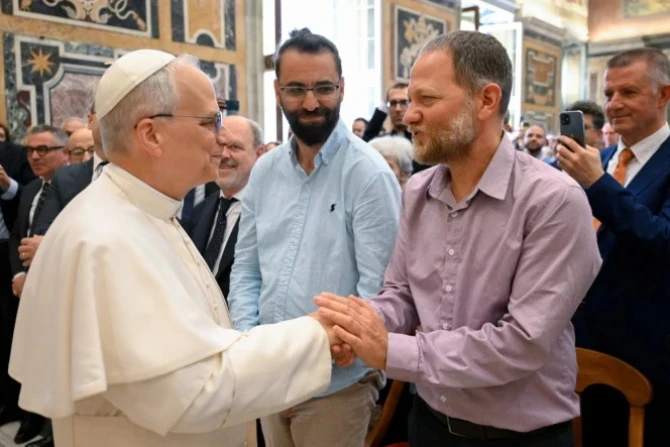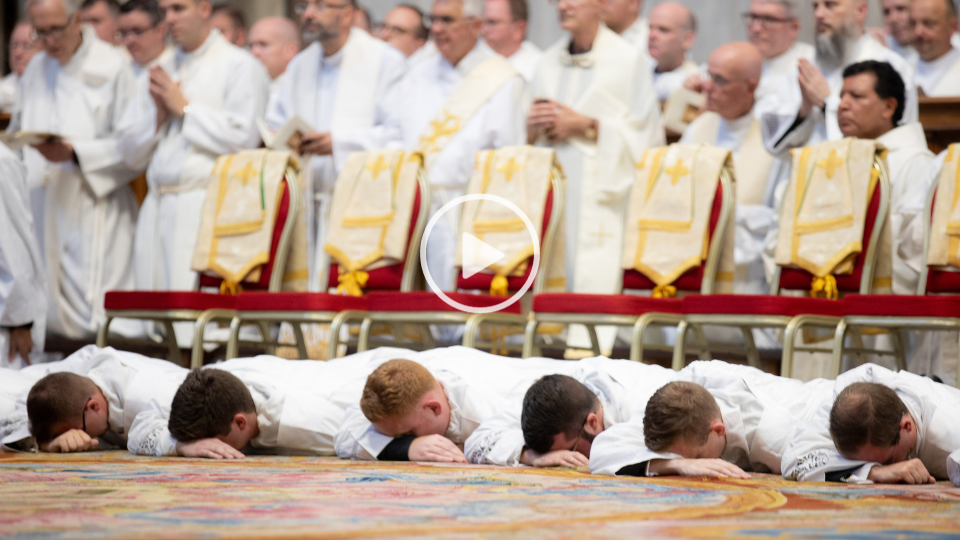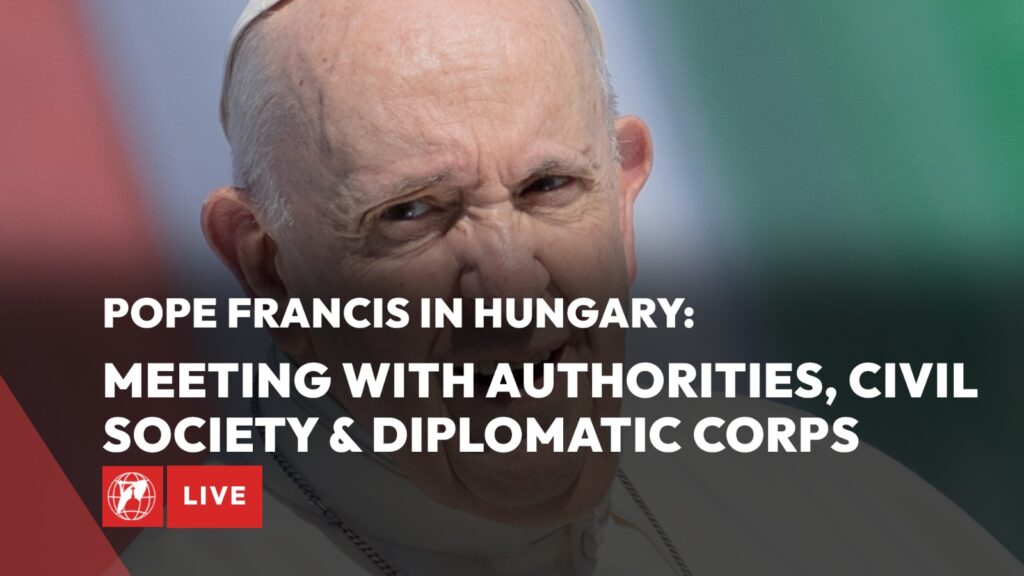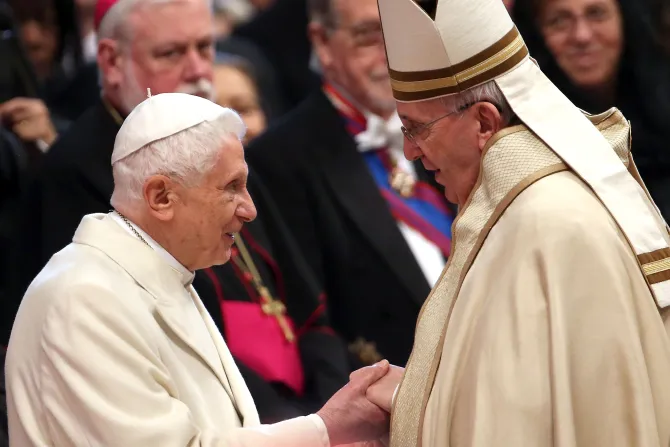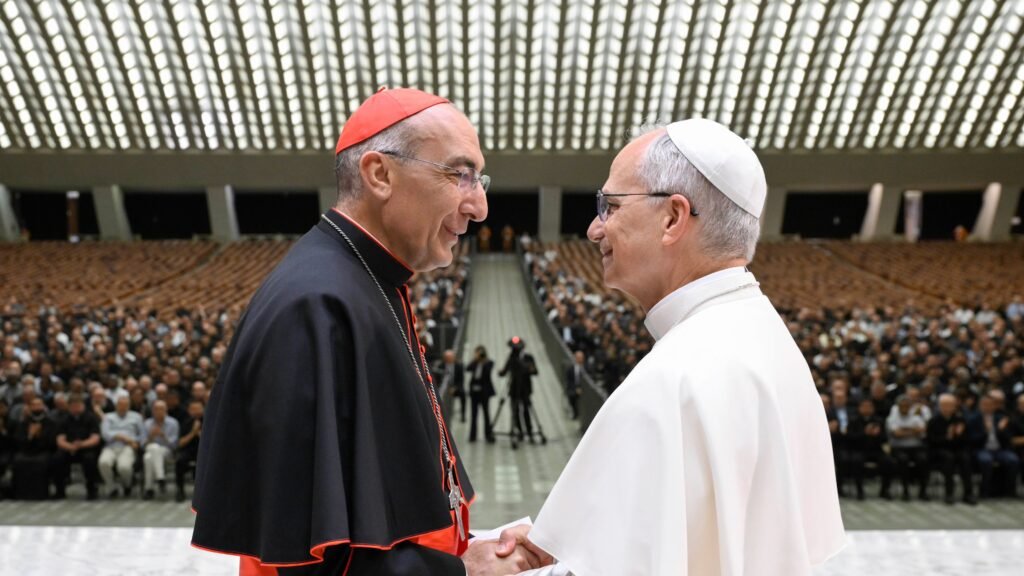As November approaches—a month the Church dedicates to the faithful departed—Catholics are encouraged to remember loved ones who have passed on but have not yet entered the fullness of heaven. One of the most powerful ways to assist souls on this journey is through prayer. In a recent interview with the EWTN Vatican Bureau’s Hannah Brockhaus, Father Paul O’Callaghan of the Pontifical University of the Holy Cross shared his insights into purgatory and the Catholic tradition of praying for the deceased.
Why Catholics Pray for the Dead
Catholics are familiar with the custom of praying for deceased loved ones, but few may fully understand its theological foundations. “It’s one of the things that we do as Christians, as Catholics, with great naturalness,” explained Father O’Callaghan. “When somebody dies, we say, ‘I prayed for you, for your family, for the deceased.’ And it’s beautiful because it means the person who has died and is now on the other side of life, with God, can be helped by our prayers.”
Father O’Callaghan highlighted the significance of this tradition, which is rooted in both the Old Testament and early Christianity. “From the very beginning, Christians have prayed for the dead. It goes back a long way,” he said, “People prayed for the dead because they realized that the deceased could be helped by us here on Earth. That is where the doctrine of purgatory arises.”
Understanding the Doctrine of Purgatory
When asked to explain purgatory, Father O’Callaghan described it as “one of the greatest signs of God’s mercy.” He elaborated, saying, “It’s essentially God providing us with an opportunity for final purification after death. We all reach the end of our lives with regrets and shortcomings, but God, in His mercy, allows for a process where we can be fully purified before entering heaven.”
The Church didn’t formally define purgatory until the Middle Ages, even though the concept had been widely accepted among Christians from the earliest days. According to Father O’Callaghan, this delay was not due to any doubt about the doctrine but rather because it had never been disputed. “The Church speaks when things need to be said,” he clarified, “But when something is taken for granted, the Church just gets on with the business of living.” Citing early Church Fathers such as Augustine and Gregory the Great, he noted that “they spoke about prayer for the dead and purgatory in various ways, though it wasn’t formally defined until later.”
The Power of Prayers for the Souls in Purgatory
How do our prayers assist those in purgatory? Father O’Callaghan explained that sin damages not only our relationship with God but also has ripple effects on others. “When we misbehave, we do damage to other people. Prayers offered by others help us overcome the ‘temporal punishment’ due to sin—a kind of moral debt we accumulate during our lives,” he said.
This communal aspect of purgatory underscores the interconnectedness of the Church, both living and deceased. “Purgatory is not an individualistic doctrine,” he continued, “It’s something the whole Church does together. As we pray for the dead, we’re also acknowledging our hope that someone will pray for us. Together, we help each other resolve our shortcomings.”
As we remember the faithful departed this November, let us unite in prayer, offering support for the souls in purgatory and cherishing the shared journey toward holiness within the communion of saints.

